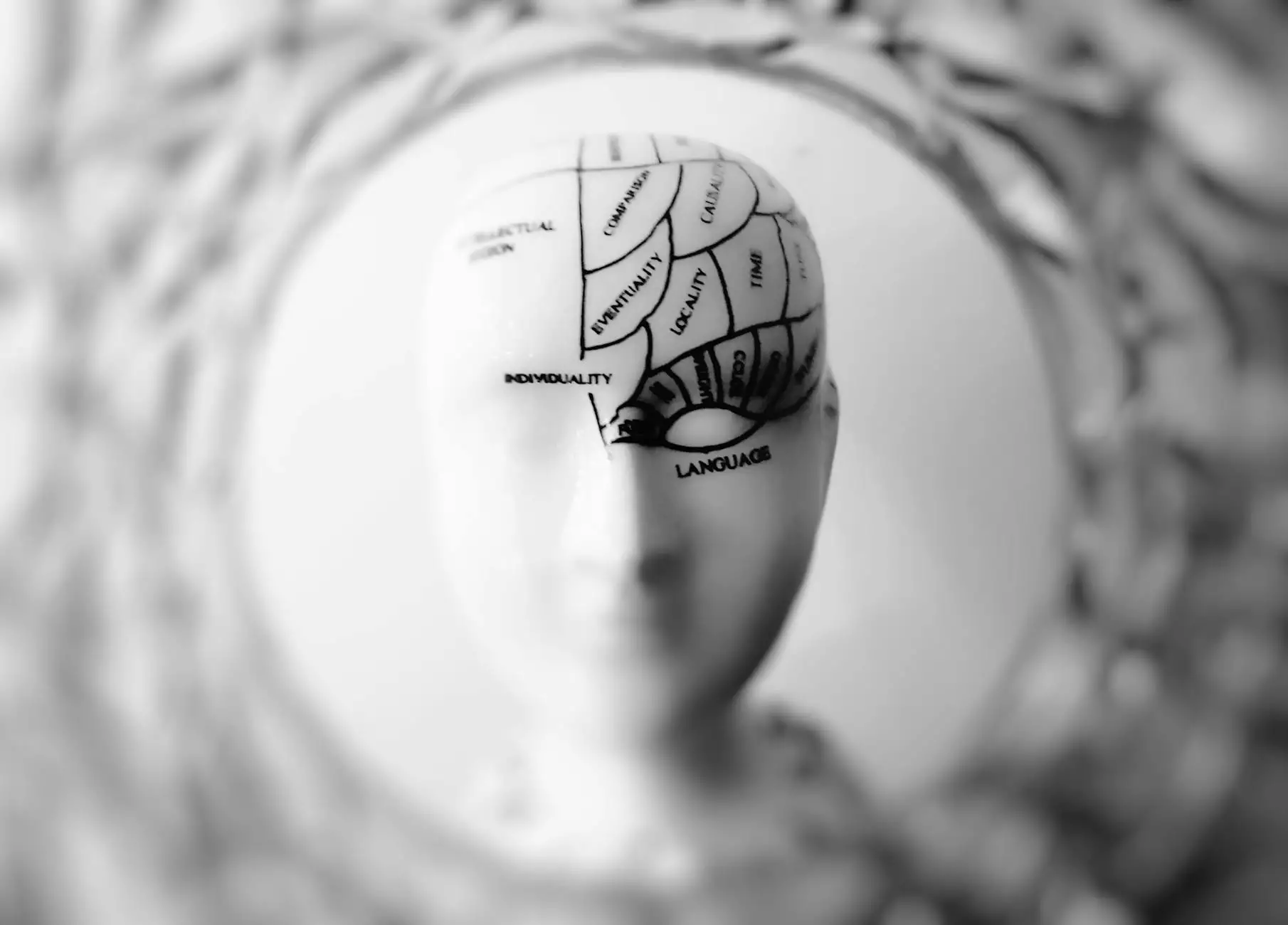ABI Fact or Fiction - Unraveling the Truth Behind Acquired Brain Injury

Introduction
Welcome to Bay Regional Medical Center's comprehensive guide on Acquired Brain Injury (ABI) - Fact or Fiction. At Bay Regional, we prioritize providing accurate and up-to-date information to help you navigate the complexities of ABI, its causes, symptoms, and treatment options. Our team of experts in the field of neuroscience will guide you through this knowledge-packed journey.
Understanding Acquired Brain Injury
Acquired Brain Injury refers to any damage or injury to the brain that occurs after birth. It is important to distinguish between traumatic and non-traumatic causes of ABI. Traumatic causes include accidents, falls, or sports injuries, while non-traumatic causes encompass strokes, tumors, infections, or anoxia.
The Origins of ABI
ABI can have a profound impact on an individual's physical, cognitive, and emotional well-being. Understanding the origins of ABI will shed light on its complexities. Common causes include:
- Motor Vehicle Accidents: Severe collisions can lead to traumatic brain injuries, often classified as ABI.
- Stroke: A cerebrovascular accident, such as a blood clot or ruptured blood vessel, can cause ABI.
- Brain Tumors: Malignant or benign tumors can result in ABI depending on their size and location.
- Infections: Certain infections, including meningitis or encephalitis, can lead to ABI.
- Anoxia: Oxygen deprivation, whether due to drowning or cardiac arrest, can cause brain damage leading to ABI.
ABI Symptoms: Unmasking the Challenges
Symptoms of ABI can vary significantly depending on the severity of the injury and the area of the brain affected. It's important to note that these symptoms can manifest immediately or gradually over time. Some common ABI symptoms include:
Cognitive Impairments
Individuals with ABI may face challenges with memory, attention, problem-solving skills, and decision-making abilities.
Physical Impairments
ABI can cause motor impairments such as limited mobility, coordination difficulties, and muscle weakness that may affect daily activities.
Emotional and Behavioral Changes
Individuals with ABI may experience mood swings, irritability, depression, anxiety, and difficulties in regulating emotions.
Treatment and Rehabilitation Options
At Bay Regional Medical Center, we understand the need for personalized care and effective treatment options for ABI. Our multidisciplinary team of experts collaborates to develop customized treatment plans based on each patient's specific needs. Treatment approaches may include:
Physical Therapy
Physical therapy focuses on improving mobility, strength, and coordination to maximize independence and quality of life.
Occupational Therapy
Occupational therapy aims to enhance an individual's ability to perform activities of daily living and regain functional independence.
Speech and Language Therapy
Speech and language therapy assists in improving communication, speech production, and swallowing abilities for individuals with ABI.
Psychological Support
Psychological support plays a vital role in helping navigate the emotional and behavioral challenges faced by those with ABI. Our compassionate therapists provide counseling and guidance throughout the recovery process.
Medication Management
When necessary, our skilled healthcare professionals may prescribe medications to address specific symptoms associated with ABI. These medications can help manage pain, depression, anxiety, or seizures.
Conclusion
Thank you for taking the time to explore ABI - Fact or Fiction. We hope this comprehensive guide has provided you with valuable insights into the causes, symptoms, and treatment options available at Bay Regional Medical Center. Our commitment to delivering exceptional care and support to individuals with ABI remains unwavering.
If you or a loved one require further information or need assistance, please don't hesitate to contact our dedicated team. Bay Regional Medical Center is here to support your journey towards improved well-being and recovery from ABI.




